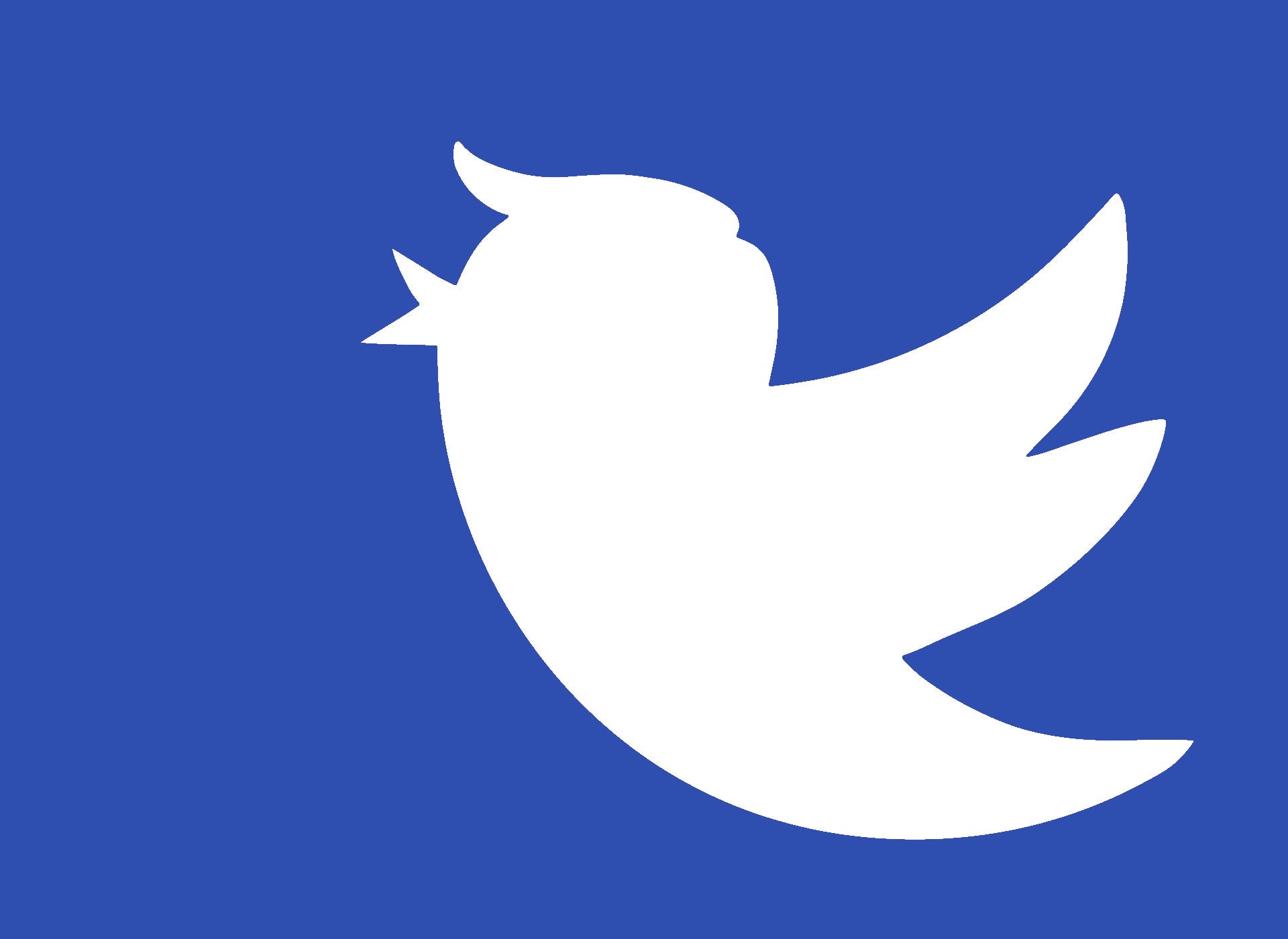
Researchers from the University of Birmingham have published a study showing that Donald Trump’s tweets were part of a systematic campaign to promote his political efforts, attack opponents and communicate policy goals, even prior to his announcement to run for president.
The Stylistic variation on the Donald Trump Twitter account: A linguistic analysis of tweets posted between 2009 and 2018 study is the first detailed description of change and variation in the US President’s 21,739 tweets over this time period.
The study identified four general patterns of linguistic variation in Trump’s tweets: campaigning, advisory, engaging and conversational.
The analysis of how Trump’s tweets changed between these four general patterns from 2009 to 2018 showed systematic shifts in style depending on the communicative goals of Trump and his team.
Points in the timeline that coincided with major stylistic shifts in Trump’s Twitter included the 2011 Obama birther controversy, the elections in 2012 and 2016, the 2016 Republican nomination and the 2017 presidential inauguration.
Professor Jack Grieve, one of the authors of the study, said: “Our results not only point to the value of running a balanced social media campaign, but also creating a confident and distinctive online persona.”
Political themes found in Trump tweets
From this analysis, the research proposes key themes about Donald Trump’s effective use of Twitter.
These include his shift from formal tweets when appealing to the general electorate to an informal style when appealing to the Republican base, as well as his use of his celebrity to “relentlessly promote” his campaign, drawing from his experience as a celebrity.
The study also notes that Trump disengaged from other viewpoints over the course of his campaign, focusing on promoting his own campaign and attacking his political opponents rather than addressing criticism of his platform.
The research observes a balance between attacking opponents and self-promotion, suggesting a clear and effective communication strategy.
“There has been a lot of interest in the language of Trump in the media, but analysis has generally been superficial from a linguistic standpoint and often clearly politically biased, selecting Tweets to illustrate certain talking points, rather than attempting to provide an overall picture of how Trump and his team use social media,” said Grieve.
“This study shows how shows how online presence on social media platform is a crucial component of modern politics. Careful linguistic analysis can really help us better understand modern societal issues and help the public understand what is going on.”
Changing tone: Announcing the Trump presidential campaign
The research highlights a period around 3 February 2015 where Trump directly references his intentions to run for President, which followed a change from a more engaged Twitter presence to a conversational one ahead of his formal declaration of intention to run for the presidency on 16 June 2015.
Commenting on the tweet, Grieve said: “Remarkably, of the 161 tweets and 302 retweets sent from the account in February 2015, this is the only tweet sent from an iPhone.”
“Given that Trump used an Android during this period, this tweet may have been sent on his behalf by someone on Trump’s soon-to-be campaign team.”
Read more: Trump on technology: These are the technologies that will make America great again







